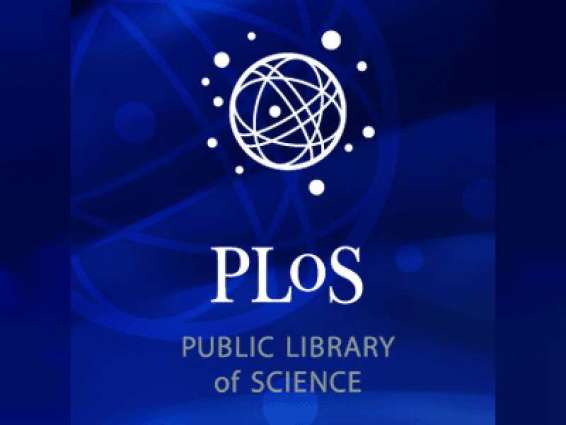ABU DHABI, (Pakistan Point News - 05th Nov, 2018) The Public library of Science, PLOS, a nonprofit corporation based in San Francisco, California, has published a research on how travelling to space impacts DNA, co-authored by aspiring young Emirati astronaut and winner of the ‘Genes in Space’ competition, Alia Al Mansoori.
The research paper published in October 2018, titled, 'Gene expression studies using a miniaturised thermal cycler system on board the International Space Station,' explains how human spaceflight is set to undergo a major shift.
"While the last few decades have seen short or medium-term (<1 year) orbital flights within Earth’s protective magnetic field, in the coming years astronauts will transition to longer-term explorations of deep space," the study said.
It went on to explain that there are many challenges associated with deep space missions, however, predominant health risks that must be mitigated before humans can safely undergo interplanetary travel include consequences of exposure to cosmic radiation and microgravity.
"The high-energy protons and high-charge and high-energy nuclei that comprise cosmic rays can have devastating effects on human health," the study findings warned.
16-year-old Alia Al Mansoori studies in Al Mawakeb school - Al Barsha, Dubai, other authors include Tessa G. Montague from Department of Molecular and Cellular Biology, Harvard University, Cambridge, Massachusetts, USA; Emily J. Gleason, Sebastian Kraves and Ezequiel Alvarez Saavedra from miniPCR, Cambridge, Massachusetts, USA; D. Scott Copeland and Kevin Foley from Boeing, Houston, TX, USA.
In 2017, a proposal study presented by Al Mansoori has found evidence that exposure to space affects the health of live organisms at the cellular level, and based on this, a DNA experiment was successfully conducted aboard the International Space Station, ISS, in September 2017, and was performed by former NASA astronaut Peggy Whitson.
One of the most vulnerable sites for cosmic radiation damage is DNA, where mutations can lead to the development of cancer, the research said, adding, "the combination of microgravity and cosmic radiation can negatively impact many normal biological processes in the skeletal, immune and nervous systems of humans and other organisms."
To maximise space, cost and astronaut efficiency, it would be useful for astronauts to have the capacity to implement basic molecular biology procedures rapidly in space, the study elaborated.
The authors wrote, "experiments reveal that DNA extracted on board the ISS, can be frozen, stowed, and later utilised in molecular analyses back on Earth."
The experiments also revealed that three additional molecular techniques can be performed in space, thus expanding the molecular capabilities of the International Space Station.
As a result of these findings, the authors say, astronauts will soon be able to generate and analyse data on their health and the molecular status of the living environment entirely in space. The findings could also aid scientists and astronauts in developing sample preparation procedures for next generation sequencing and other downstream DNA analyses, the research paper noted.
"The astronauts embarking on this journey will need to be entirely self-sufficient to survive the hostile environment of deep space," the research further stated adding that astronauts will be subject to approximately three times the cosmic radiation as the spacecraft within Earth's orbit. As a result, crew members will need to track not only their physiology, but also their DNA integrity, the study affirmed.
The authors concluded that by successfully demonstrating DNA extraction in space, "we are one step closer to astronauts acquiring their own biological samples, extracting the DNA and sequencing it."
The Public Library of Science publishes a suite of influential journals from all areas of science and medicine that contain rigorously reported, peer-reviewed, open access research articles.




